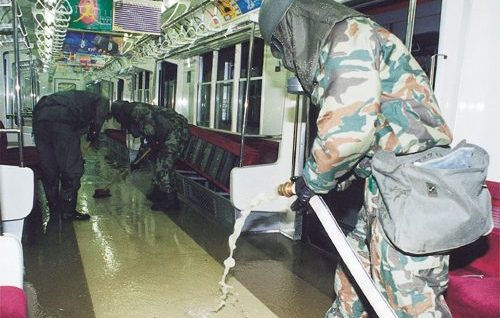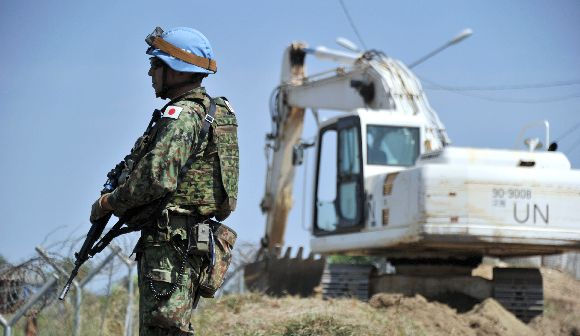Child in an orphanage (graduated from National Defense Academy)
A few months before graduating from the National Defense Academy, an event called a "farewell party" is held.
You wouldn't know what to do
Child of orphanage (National Defense Academy / Event ②)
National Defense Academy / Inner love
About 10% of the National Defense Academy students are female students.
Children in orphanages (National Defense Academy / 1st grade long-distance swimming, events)
Long-distance swimming training
The first year of the National Defense Academy will conduct long-distance swimming training from June to Ju
Child of orphanage (event of the first grade of National Defense Academy)
Obaradai period
In July of the first grade, all the senior students went to the troops all over the country for training, and there is a per
Child in orphanage (National Defense Academy ②)
The National Defense Academy wakes up at 6:30 in the morning. Make a roll call in the morning and then clean up.
Children in orphanages (National Defense Academy entrance exams and admissions)
I was qualified to take the National Defense Academy because I had good grades for three years.
You can go to the National Defense Academy a
Child in orphanage (junior high school / life ②)
Junior high school life for children in orphanages
Child in orphanage (junior high school / life ①)
Life of junior high school students in orphanages
Child in orphanage (graduated from elementary school)
Graduation is a milestone in my student days. Basically, every family comes to watch over the culmination of their child's growth....
Children in orphanages (elementary school students / summer vacation)
First, about the holidays for elementary school students in children's facilities (Although I had to wake up at 6:30 on normal weekdays)...
Children in orphanages (upper grades of elementary school)
施設の子(小学校高学年)
4年生になるタイミングで先生が変わった。
Children in orphanages (lower grades/life)
When you become an elementary school student, the room is separated from the infant. I got a new school bag. Who donated it? At her...
Children in orphanages (kindergarten)
At the age of four, I went to kindergarten. All the children in the facility go to the same kindergarten. There are 6 boys and 5 girls of...
Child in orphanage (first memory)
I have been in a children's facility since I was born. But not an orphan. Immediately after I was born, I was entrusted to the facility....










Comments